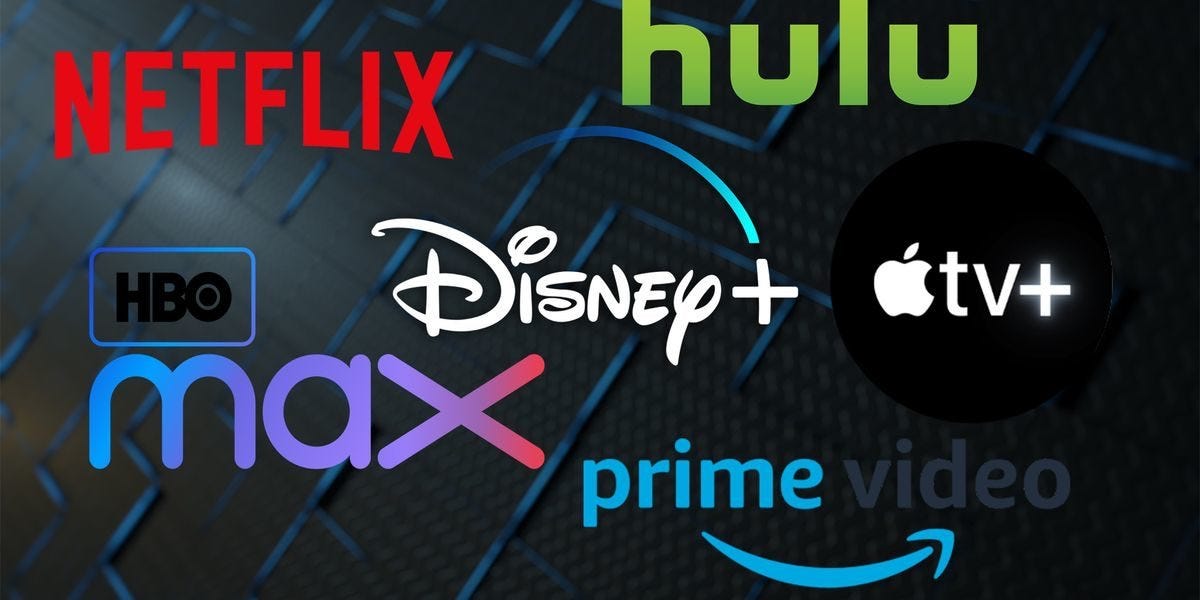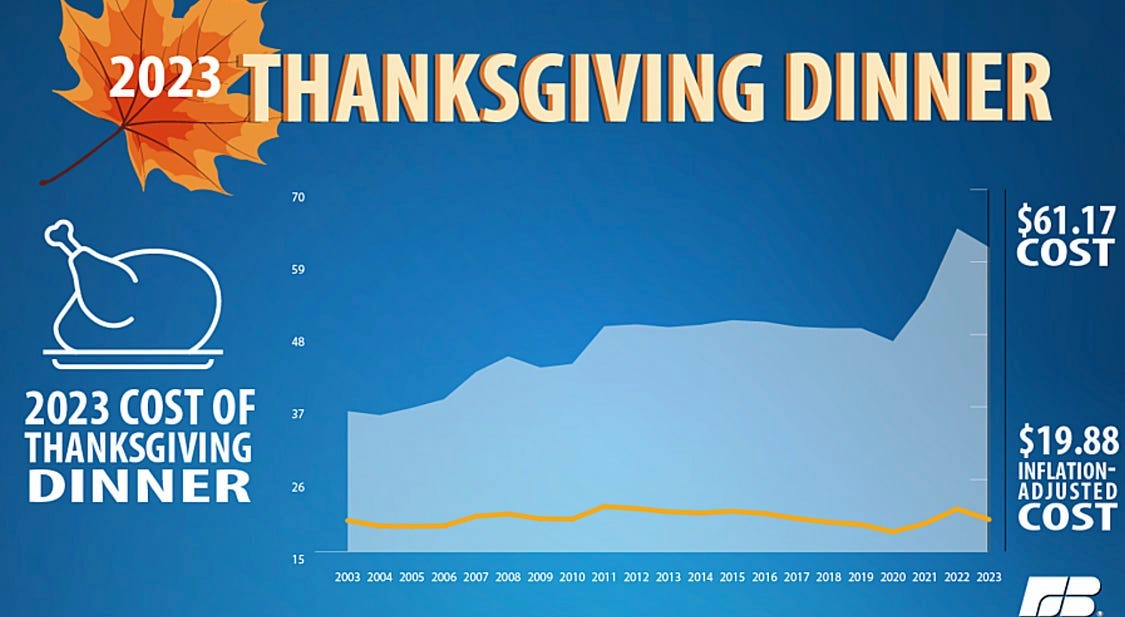Up until the pandemic and the Hollywood writers/actors strikes, Americans have been enjoying the era of “peak TV” for the last decade. New technologies, tech companies, and old studios were all mixing to create an unprecedented volume of content for consumers. That era seems to be ending. The New York Times reports on the new business of streaming in Hollywood:
Streaming technology has allowed people to spend much more time watching entertainment than they did in the past. They can binge entire shows if they enjoy the first episode. They can watch almost any movie on an airplane flight or a subway ride.
Normally, a big increase in the use of a product also increases the profits of the companies that make that product. But something strange has happened in Hollywood lately: Even as Americans spend more time watching movies and television shows, the studios that produce this entertainment are struggling.
Disney’s stock price has fallen more than half from its 2021 peak, and the company fired its C.E.O. last year. Shares of Paramount Pictures’ parent company are worth less than they were 25 years ago. Warren Buffett recently described streaming as a particularly difficult environment in which to make money.
streaming has both expanded the entertainment business and undermined its old model.
Perhaps the most important disruption has been the decline of cable television. For years, studios made large profits through cable television. They licensed their old movies and shows for rebroadcast, and the studios’ parent companies, like Disney and Paramount, owned cable networks themselves.
“These networks were bundled into expensive packages, forcing consumers to pay for dozens of channels they didn’t watch,” Families paid hundreds of dollars a year for their cable bundle, and the entertainment companies made additional money from advertising.
But then came Netflix. When it started a streaming service in 2007, Hollywood failed to recognize how much of a threat the service would be, and the studios sold Netflix the right to broadcast movies and shows at a relatively low price. Netflix used its new library of content to attract millions of subscribers.
“What these legacy companies didn’t realize until it was too late was that streaming wasn’t just going to become the dominant mode by which people watched movies, replacing DVDs,” Jonathan said. “It was also going to replace cable TV.” This cord-cutting revolution has led to a 40 percent decline in cable subscribers since 2014. As Clare Malone wrote in The New Yorker, “The advent of streaming video has demolished old business models.”
Studios have since started their own streaming services, and some have attracted a large number of subscribers. But in an effort to catch up to Netflix, other services have often charged less. Buffett, speaking at the most recent annual meeting of Berkshire Hathaway, his investment firm, said that this low-price model “doesn’t work.”
Adding to the financial pressures on the studios, all of them — including newer players like Netflix and Amazon — are spending money to create new content that can woo and retain subscribers. The movie theater business has also shrunk, because of both streaming and Covid. And the recent settlements of the actors’ and writers’ strikes mean that many of Hollywood’s workers are no longer as low-paid as they had been.
Eventually, a few successful companies will probably emerge. Americans spend more than enough money on movies and TV shows to create healthy profits. But not all the companies that thrived in the past are likely to do so in the future. The current turmoil is in many ways a fight for survival.
David Zaslav, the C.E.O. of Warner Bros. Discovery, has described the situation as a “generational disruption.”
Interesting chart
The good news
After sharp increases year-over-year in 2021 and 2022, the total price of Thanksgiving Dinner is down 4.5% in 2023, according to the annual Thanksgiving marketbasket survey of the American Farm Bureau Federation.
The bad news
The full meal is still 25% higher than the 2019 cost
Source:
Media recommendation
There you have it, the nineteenth edition of Sunday Digest featuring America’s attention monopolists, the rising cost of stuffing, and a docuseries about how to run a criminal enterprise. The portrait of a world spinning faster and faster. The good news is you have Netflix, Uber Eats, and running water. Until next time, be a good citizen, quit doomscrolling, and go outside.
Ad Astra Per Aspera!







